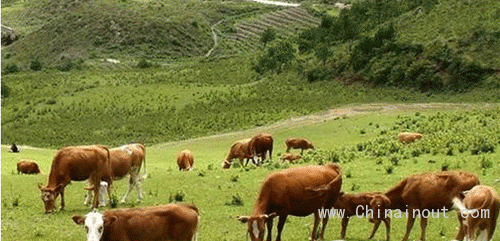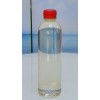
7月20日,澳大利亚农业部长Barnaby Joyce表示,澳大利亚已经达成向中国出口活牛的协议。
“在过去的5年时间里,我们与中国在种牛交易上有很好的合作,但主要用于日常的乳制品。现在,我很高兴地宣布,我们之间的贸易进一步紧密了,我们将开始出口活牛到中国。”Joyce对当地媒体表示。
Barnaby Joyce称,该协议将为澳大利亚肉牛养殖户打开有着巨大需求潜力的中国市场,每年为澳大利亚经济带来的价值为10亿至20亿澳元。他还称,在8到10年内,对中国年活牛出口量有望达到100万头。
两国在去年曾就活牛出口贸易达成原则上的共识,但由于中国担忧潜在的蓝舌病毒风险,导致贸易进程一度停滞。
有分析师表示,最新交易将帮助中国缓解牛肉短缺。
“如果中国允许活牛交易的数量巨大,就会对市场产生众多影响。”荷兰合作银行处高级分析师潘晨军认为,“中国可以充分利用活牛的各个部分,同时可以不只是专注于本地市场,也可以考虑出口。例如,牛排价格高于中国很多的日本。”(中国进出口网)
Some analysts said the latest deal would help China ease beef shortages.
On July 20, Australian Agriculture Minister Barnaby Joyce said Australia already reached an agreement to export alive cattle to China.
"In the past five years, we had very good cooperation with China on cattle trade, but mainly for daily dairy products. Now, I am pleased to announce that the trade between us is closer, and we will begin to export live cattle to China. "Joyce represents to the local media.
Barnaby Joyce said the agreement would help the Australian beef farmers open a huge demand potential of the Chinese market, each year it would bring the Australian economy with the value of 1 to 2 billion Australian dollars. He also said that in 8-10 years, China's annual imports of live cattle from Australia was expected to reach one million.
The two countries last year reached a consensus in principle on live cattle export trade, but because of China's concerns about the potential risk of bluetongue virus, the trade process was stalled.
"If China allows a huge number of live cattle trades, it will have a number of effects on the market." The senior analyst at the Dutch cooperative bank Pan Chenjun believes that "China can take advantage of the various parts of live cattle, and can not just focus on the local market, it can consider exporting to other countries, like Japan, in which the steak price is higher than China’s. "











